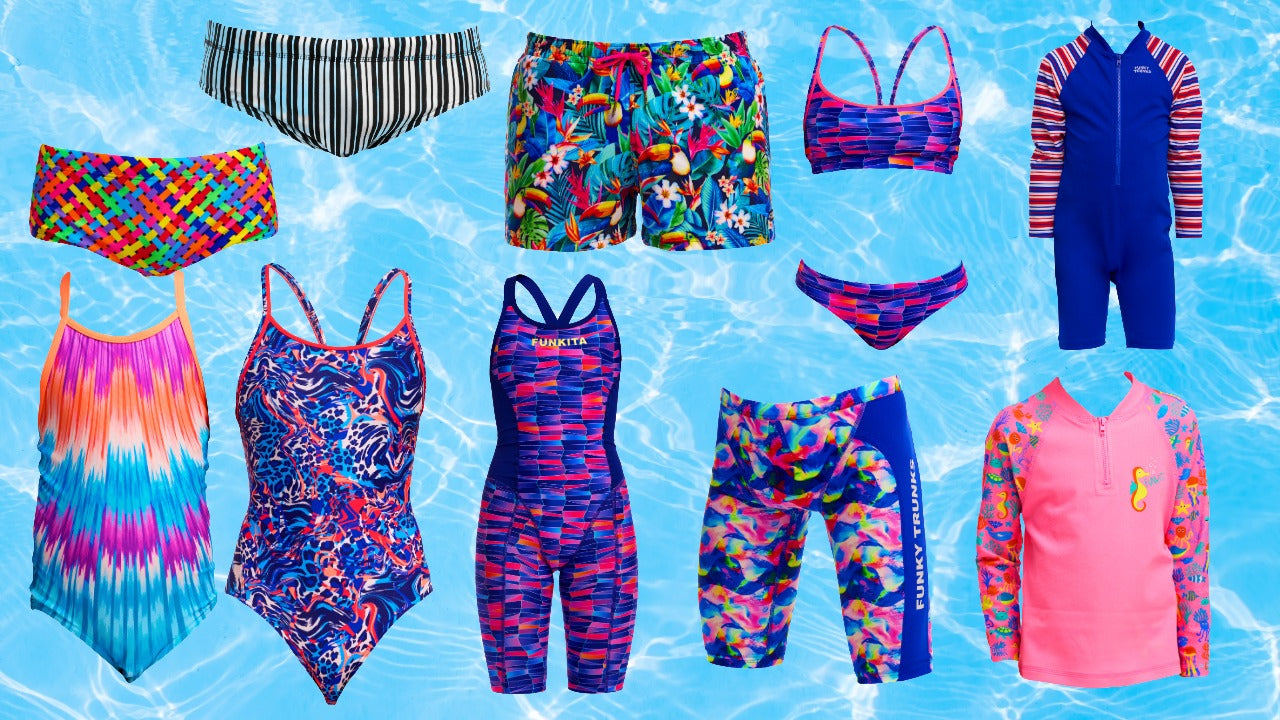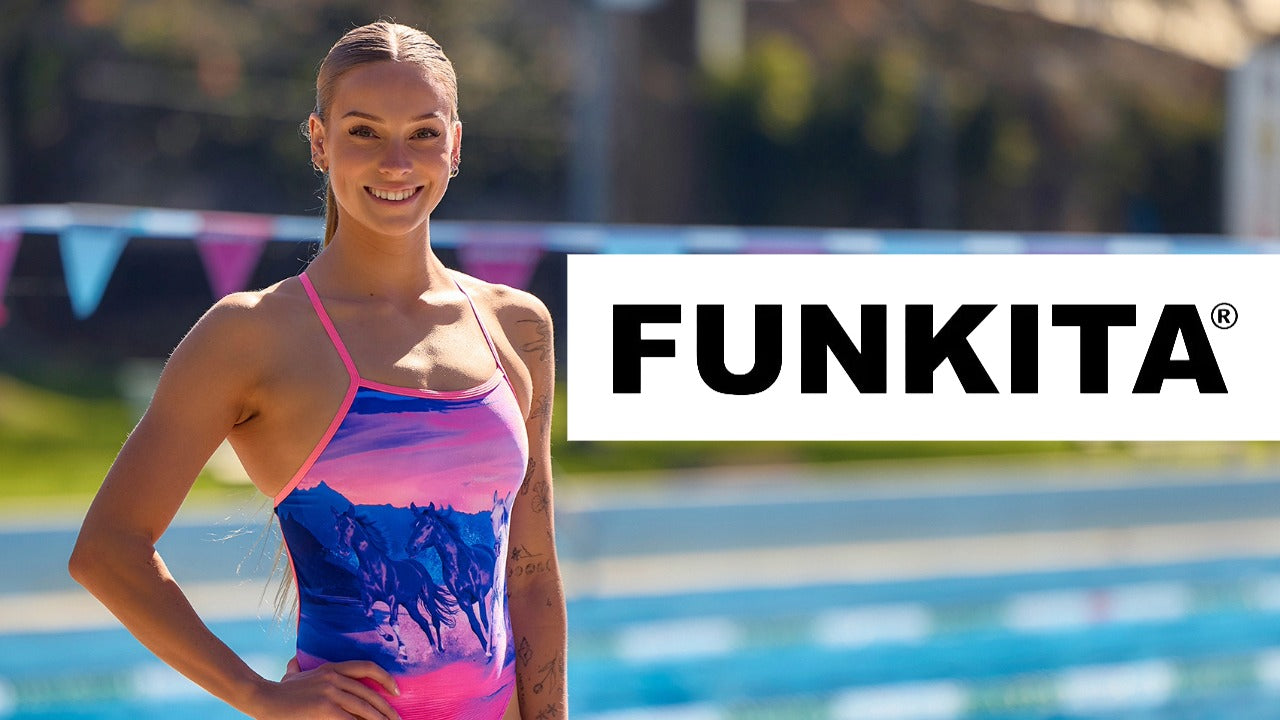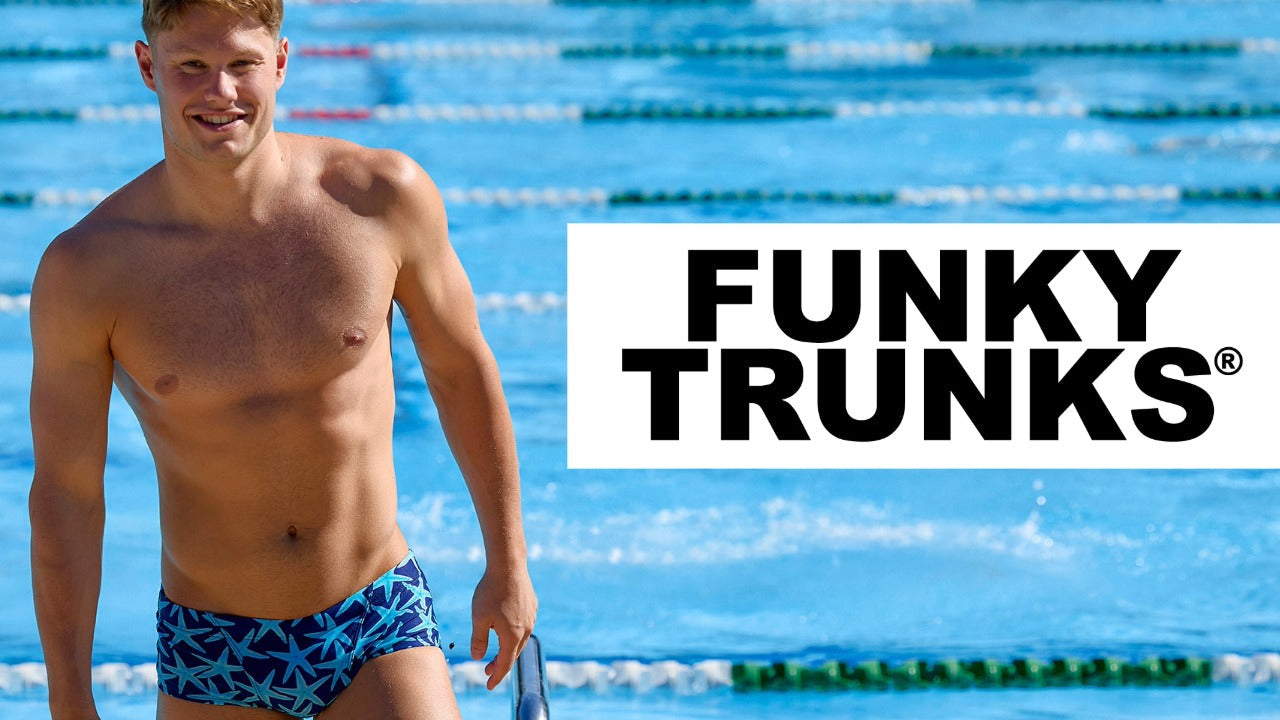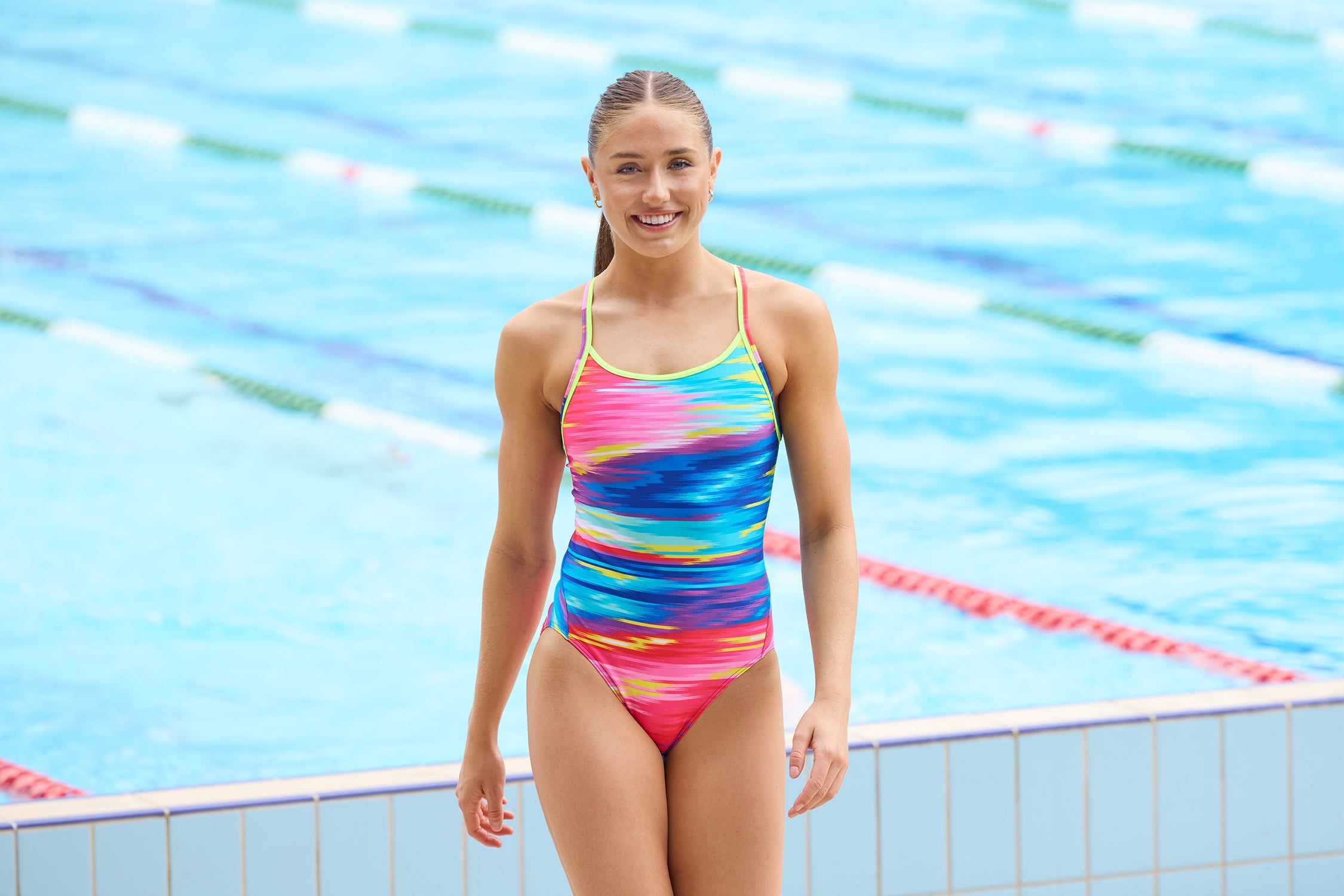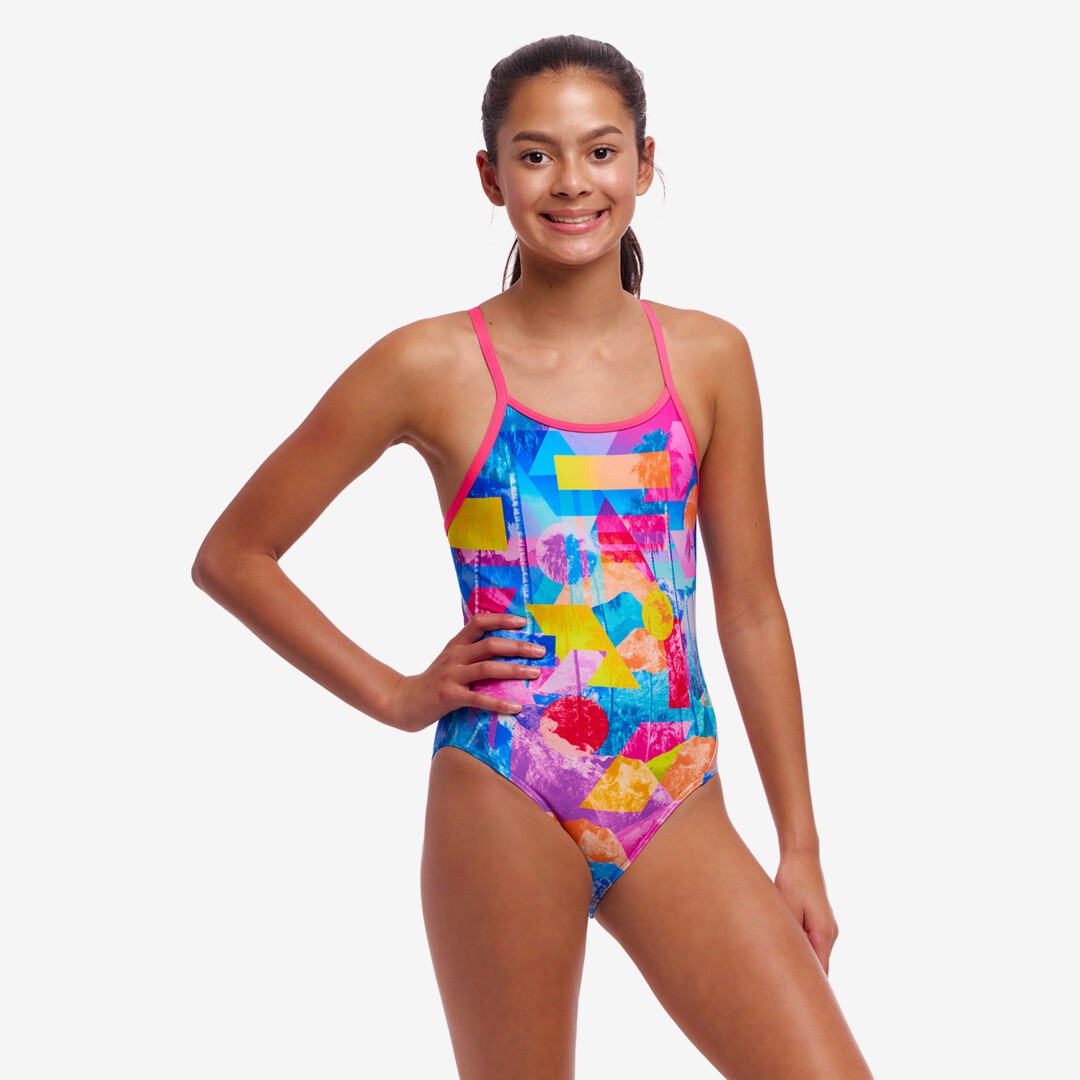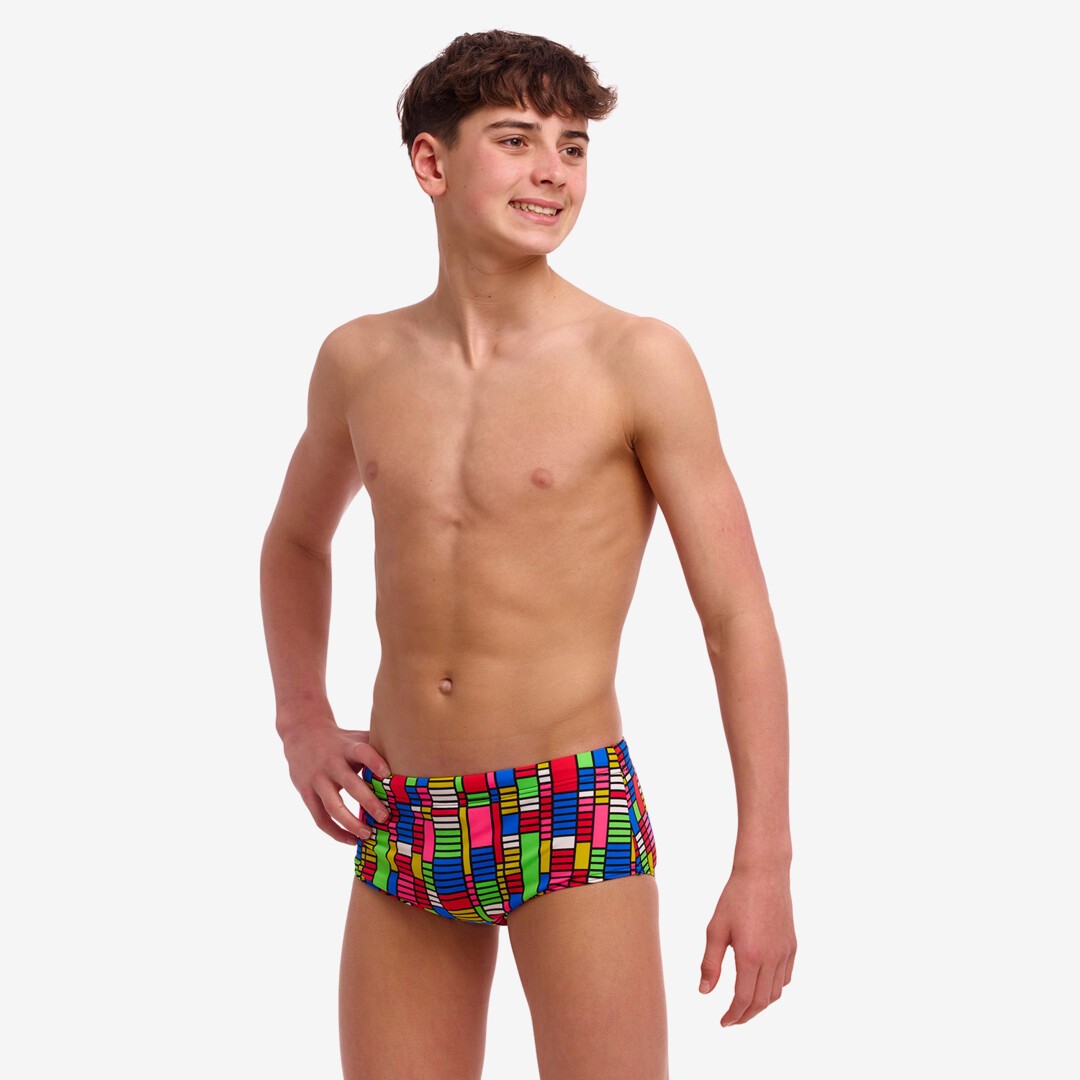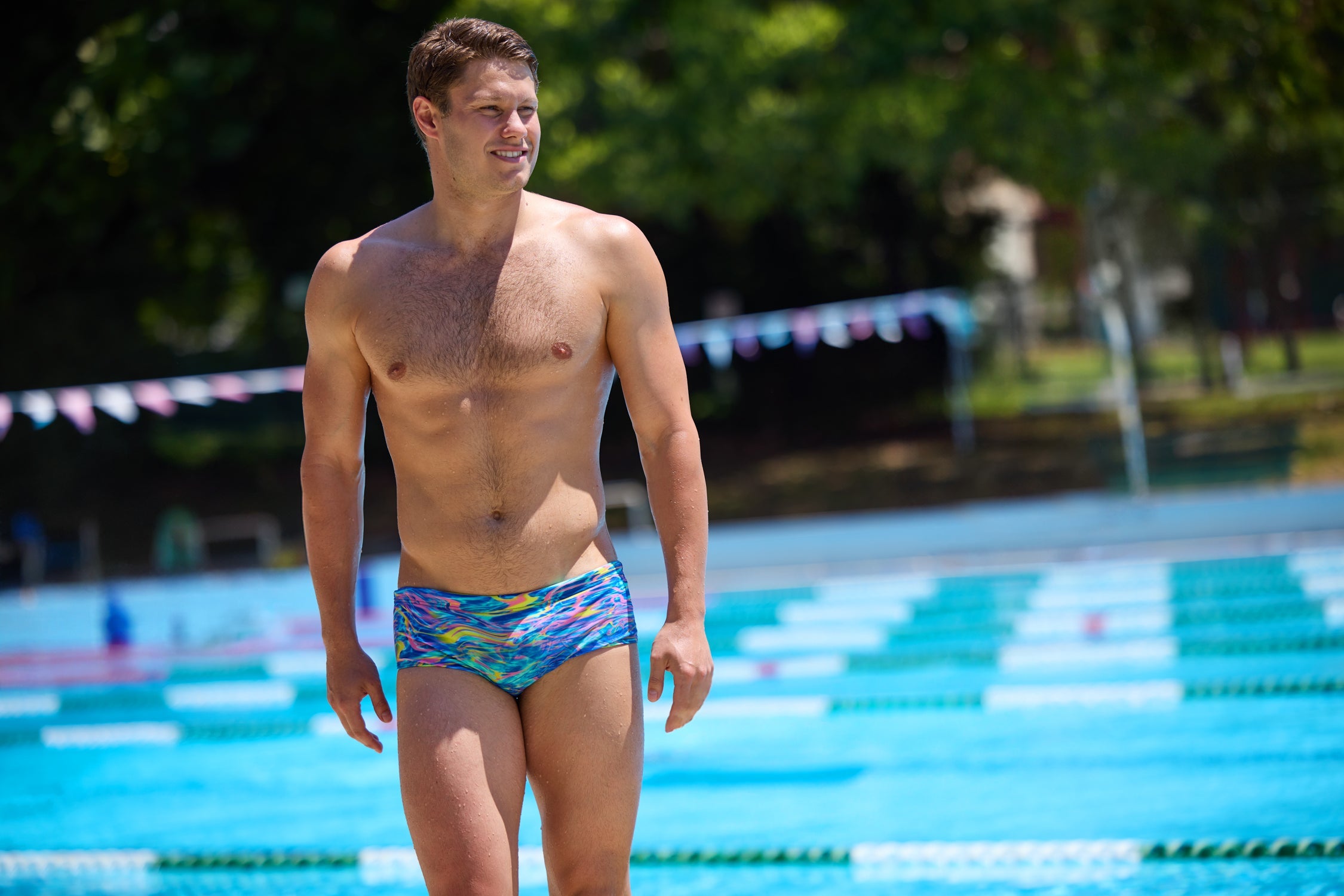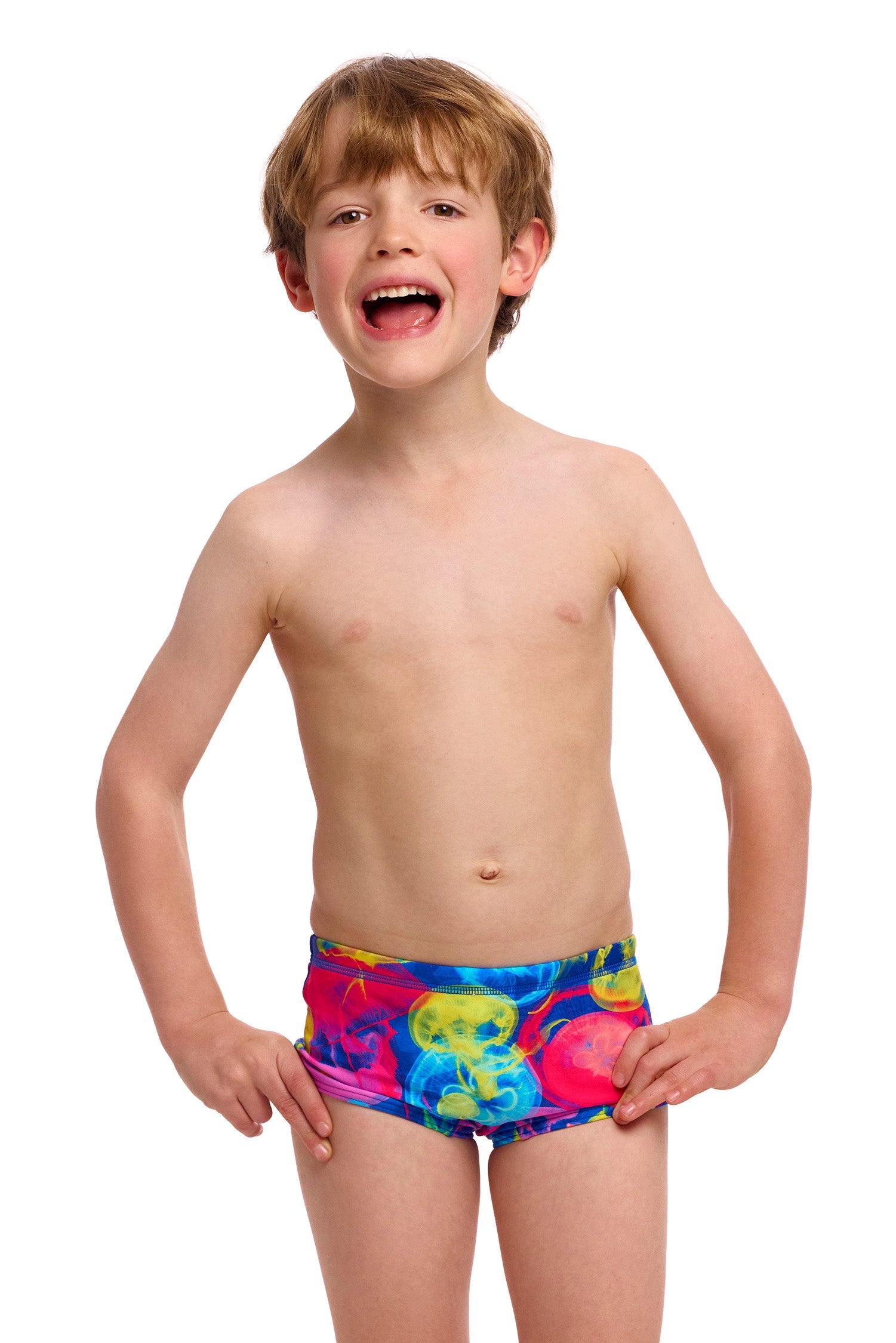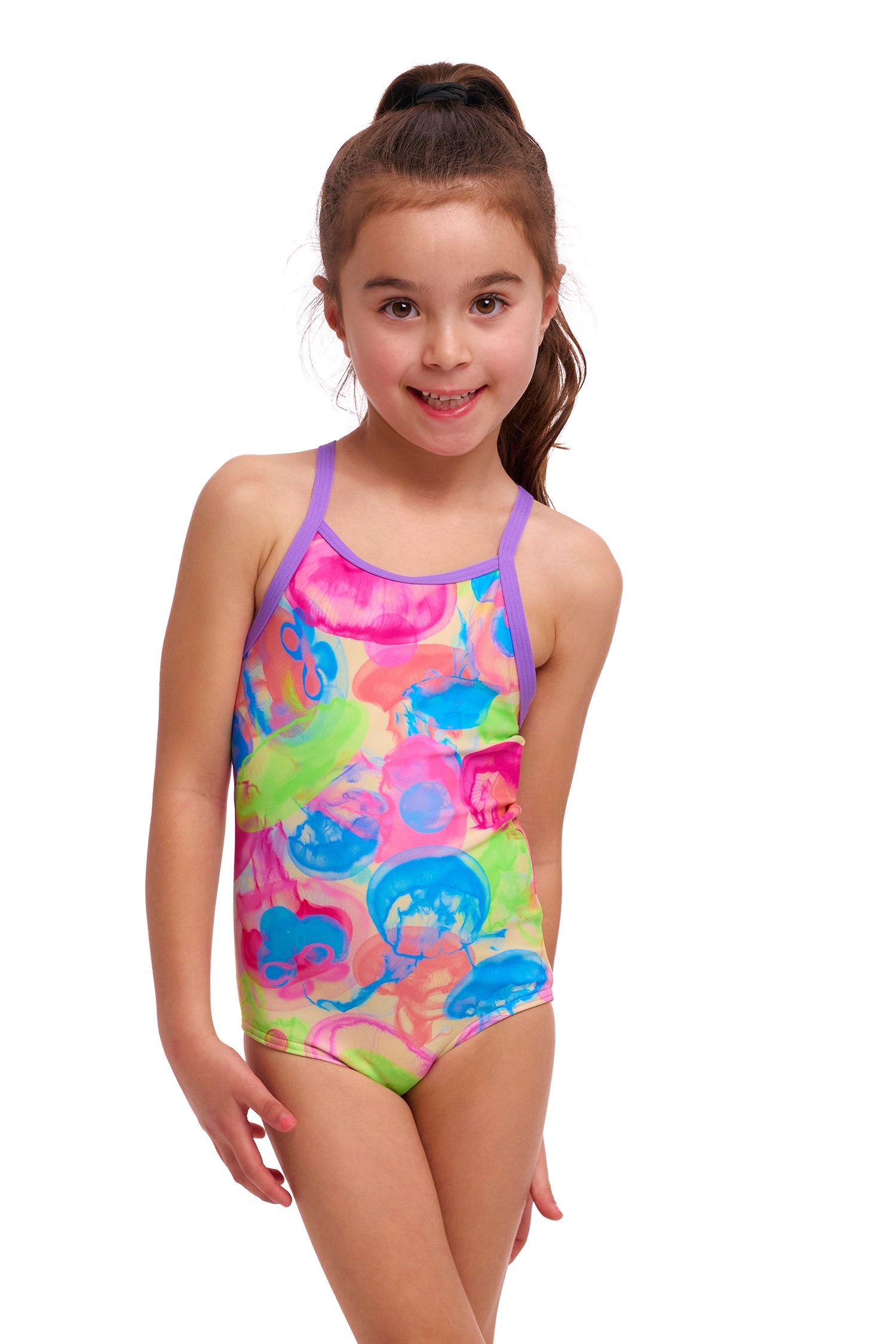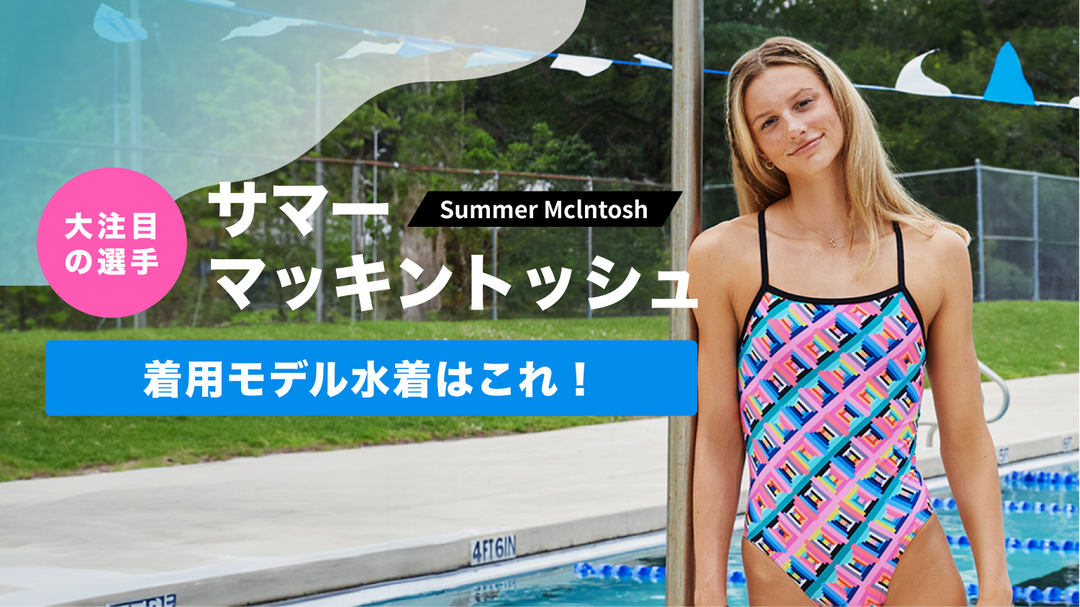
<Profile of Shusuke Tomiyama>
Affiliated with KITAJIMAQUATICS, currently a graduate student at Waseda University
Started swimming at the age of one and a half. Retired from competitive swimming in March 2013. Started finswimming in June 2014, and in 2014 was selected for the World Championships for students only and participated in the first international competition. After that, he participated in international competitions as a regular representative for three years from 2016 to 2018, and at the 2018 World Championships, while serving as the men's captain, he made it to the final in the 4 x 200m relay for the first time in Japanese finswimming history.
“I started playing fins when I saw a college senior who was active in international competitions.”
I started finswimming after entering university. At first, I didn't really want to do it seriously (laughs). A senior of mine happened to be doing finswimming, so when I went to see him, he was giving a monofin class and I was impressed with how fast he was. That senior was at the level of representing Japan in international competitions, and when I saw him doing well, I wanted to stand in the same position as him, which is what led me to start fins in earnest. I started with beef fins, so I didn't know anything about mono fins. When I first put on the monofin, I thought, “Wow!

“I make sure that my busy day doesn’t affect my performance.”
While attending university, I also coach at KITAJIMAQUATICS and compete in finswimming competitions, so I almost never have a complete rest day. There are days when I don't practice, but I have a part-time job as a college or coach. So I try not to stay up late and affect my practice performance the next day. I almost never go to drinking parties. Basically, I go to bed at 12:00 every day, wake up at 6:30, practice in the morning, and then go to university. In the evenings, I take lessons as a coach and then practice on my own every day. I don't usually go to drinking parties, so I think people think I'm a bad guy (laughs).


“First of all, training to overcome weaknesses. Stretching is a must every day.”
Core training and stretches to improve spinal flexibility are a daily no-brainer. In finswimming, the posture of kicking and stretching is important, so I try to keep my chest and shoulders soft so that I can maintain that posture. My back tends to curl up, so I stretch it out to keep my back from getting stiff. What I keep in mind when training is that if it is a land training, I will apply a load that is close to the movement in the water, and I will put the same amount of load on the heart and lungs as when practicing in the water. First of all, I'm conscious of overcoming my weaknesses and then raising all of my stats after overcoming them.

“If you do anything, you can achieve it. The desire to win is the biggest motivation.”
"If you do it, you can do it" is my motto. I believe that most things can be done if you put in the effort. In fact, when I first joined the Japanese national team two years ago, I was only selected for the relay, not for individual events. At that time, I thought, "I want to fight on my own!" As a result, I was able to do my best at the Japan Championships a year later, and I was able to win last year. And in the past year, we have practiced even higher levels of training. Once I win, I don't want to be number two. Winning is my biggest motivation. Since long ago, he has a strong fighting spirit and hates to lose. When I was in elementary school, I thought, "I want to be the tallest in my class!" and "I want to run the fastest!" I don't think you can win if you don't want to lose.


“I regretted not being able to produce good results due to my overconfidence.
It was a turning point for me to fall to the Japan national team in 2015. Until 2014, I was playing with beef fins, and since I was able to set decent times in practice, I thought that monofins would work as well. As a result of overconfidence that I would be able to make it to number 4 in the relay team, I think I didn't prepare enough to produce good results. It was really frustrating to hear people say, "You're weak in the real thing, aren't you?" From there, I changed my mind to practice so that I wouldn't lose to anyone. In order to win a race, you need not only ability but also [winning habit]. practice for the game. With the desire to overwhelm the surroundings from practice, I always practice with the feeling that my rival is next to me. Looking back, I think that it was precisely because of the frustration I felt at that time that I was able to create a foundation of feelings that led me to where I am now.

"Japan's first relay final in history. My future goal is to set an overwhelming record and become a world-class athlete."
After practicing like that, at the 2018 World Championships, I was able to advance to the finals in the 4x200m relay, which I had set as a team member since I became a member of the team for the first time. It was virtually the first time in the history of fin swimming in Japan. The three-year-old goal came true, and the four members cried a lot. At that time, all I really felt was "I did it!" I think it was a big difference whether I could stand on the stage of that final or not. From now on, I would like to race with the world's fastest riders. Japan doesn't have a good training environment, so I think it's necessary to make up for the difference in the amount of exercise in order to compete with players from around the world. My current goal is to create an overwhelming record that no one can beat in the 400m race to be held in January next year.


Shusuke Tomiyama (from Tokyo)
■Event: Fin swimming ■Instagram: https://www.instagram.com/shusuke_finswimming/



